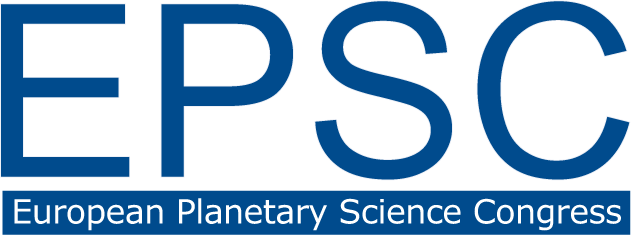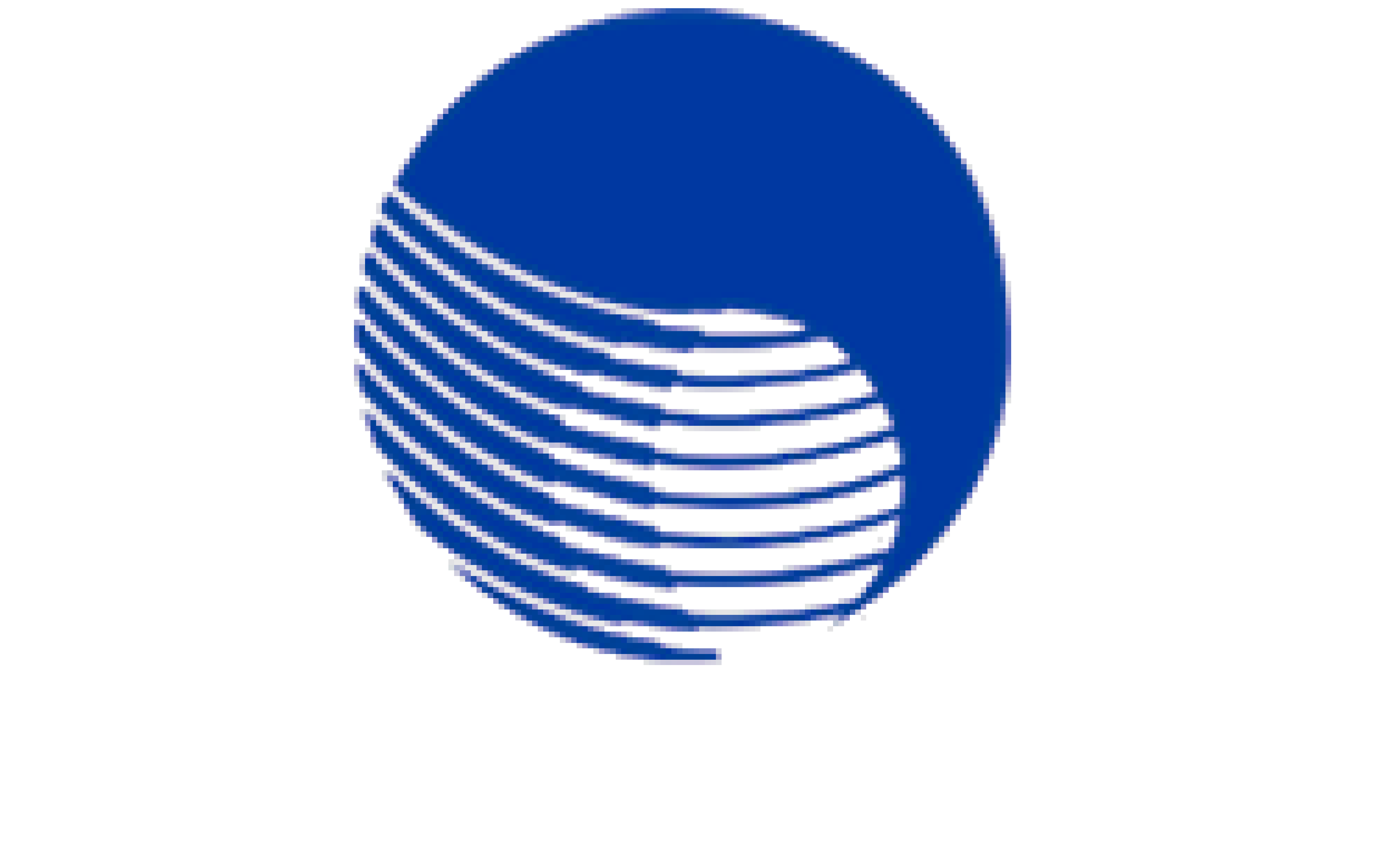Session programme
TP – Terrestrial Planets
Programme group coordinators: Gabriele Cremonese, Lena Noack, Ganna Portyankina, Jordan Steckloff
TP-I – Mars
TP1
TP2
Convener:
Barbara De Toffoli
|
Co-conveners:
Nicolas Mangold,
Dorothy Oehler,
Riccardo Pozzobon,
Susanne P Schwenzer
TP3
Convener:
Claire Newman
|
Co-conveners:
Anna Fedorova,
Scott Guzewich,
Luca Montabone,
Anni Määttänen,
Aymeric Spiga
TP4
Convener:
Håkan Svedhem
|
Co-conveners:
Sylvain Douté,
Maurizio Pajola,
Cathy Quantin-Nataf,
Daniel Rodionov,
Jorge Vago


